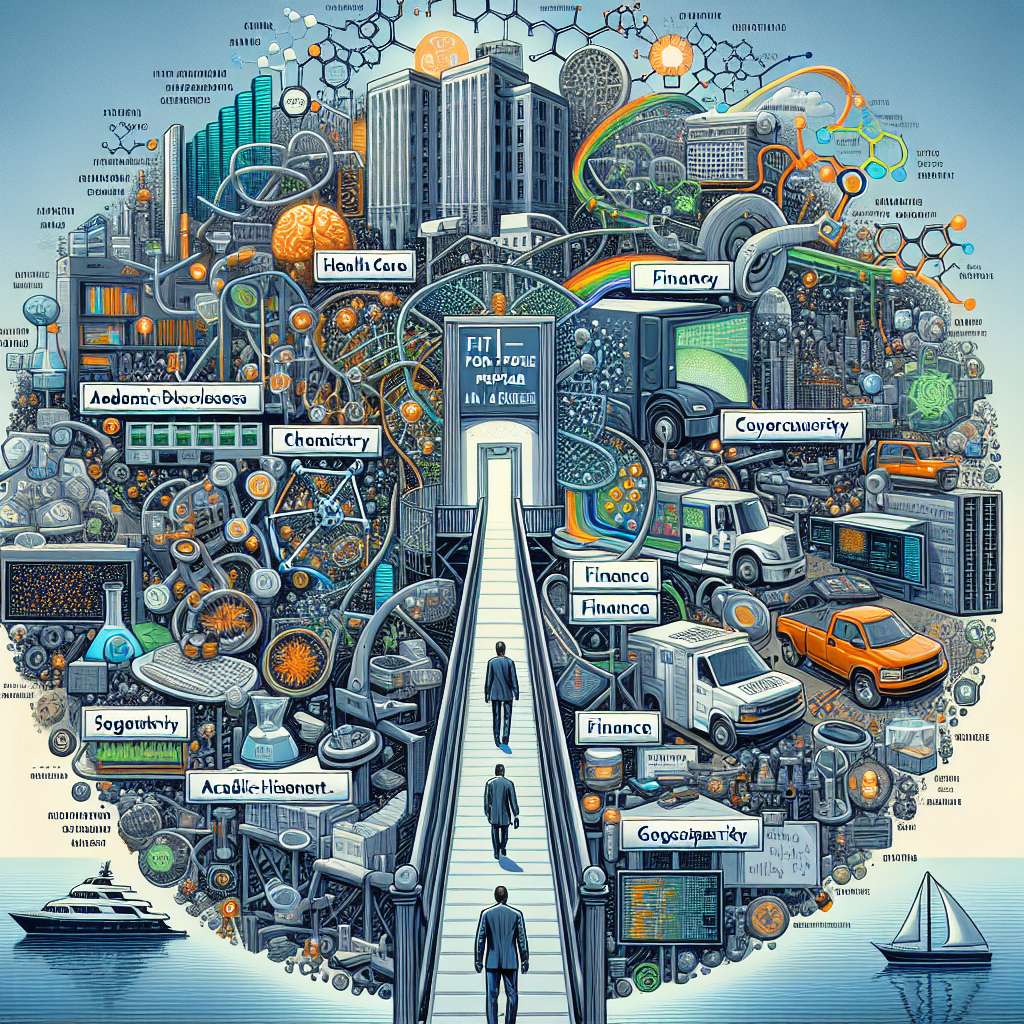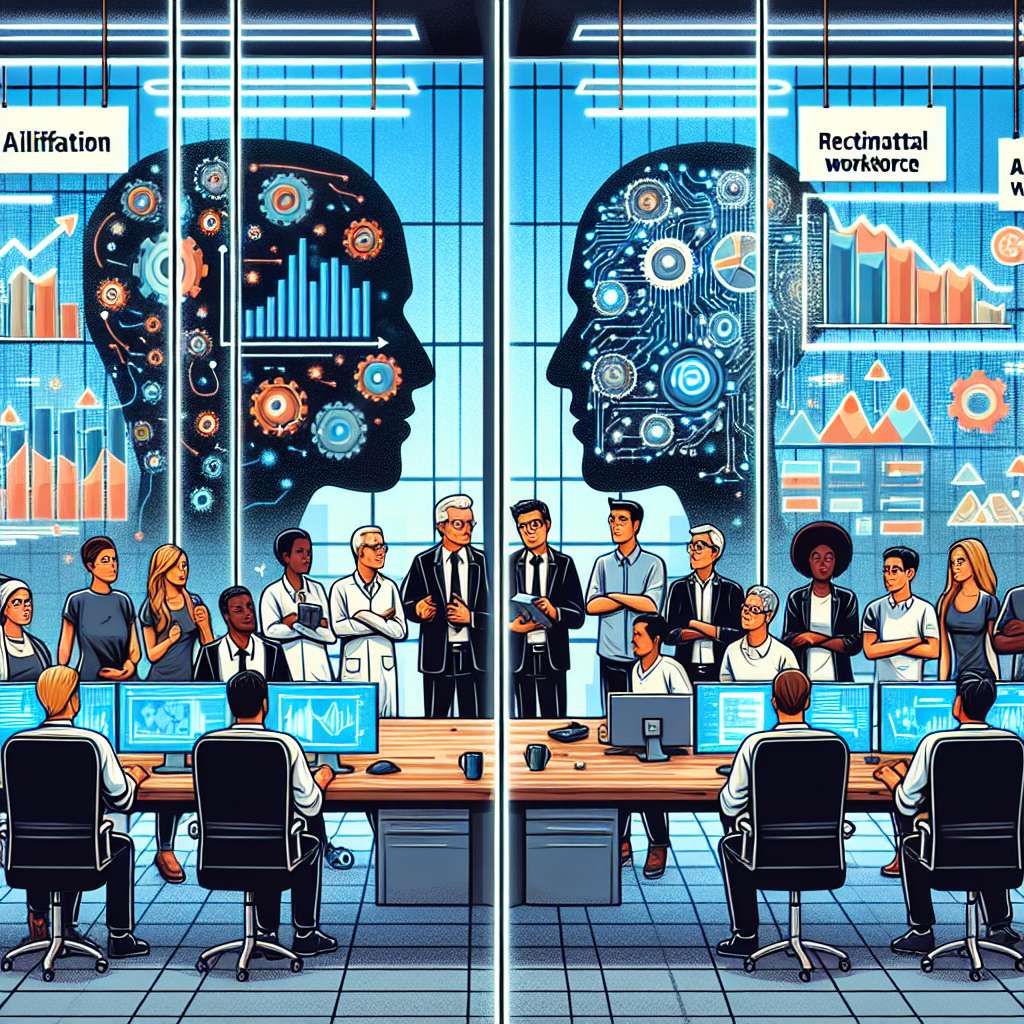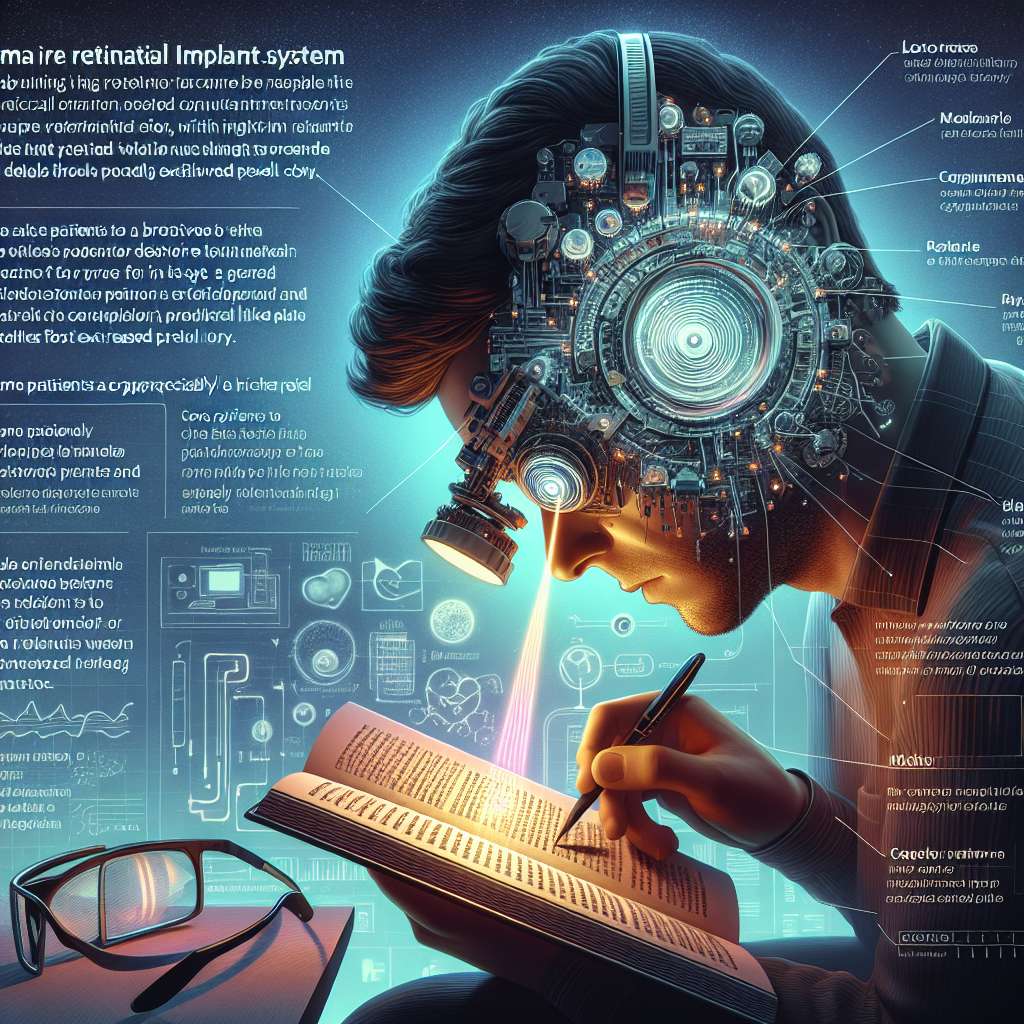How Mildred Dresselhaus paid it forward

Institute Professor Mildred Dresselhaus transformed carbon science and built a culture of mentorship shaped by Enrico Fermi’s example. Her legacy spans breakthroughs from nanotubes to twistronics and a generation of scientists she trained.
MIT’s role in 25 years of research on the International Space Station

As the International Space Station marks 25 years of continuous habitation, MIT astronauts and researchers reflect on building the outpost and the science it enables. From improvised hardware to laser communications, the institute’s imprint spans operations, experiments, and international cooperation.
Artificial intelligence daily: OpenAI to tighten Sora guardrails, Gemini gets live maps, Claude Code hits the web

OpenAI will strengthen Sora’s protections after complaints from Hollywood and the Martin Luther King Jr. estate, while Google connects Gemini to live Maps data and Anthropic brings Claude Code to the browser. DeepSeek also open sourced a high‑throughput OCR system that compresses documents without losing meaning.
Website tracker litigation persists as courts split on CIPA and Artificial Intelligence tools
Lawsuits over website tracking under CIPA remain steady as judges reach conflicting conclusions on pixels, chat features, and emerging Artificial Intelligence tools. With a proposed legislative fix stalled, plaintiffs are expanding theories and businesses face sustained compliance pressure.
Creating artificial intelligence that matters

The MIT-IBM Watson Artificial Intelligence Lab outlines how academic-industry collaboration is turning research into deployable systems, from leaner models and open science to enterprise-ready tools. With students embedded throughout, the lab targets real use cases while advancing core methods and trustworthy practices.
Inside the Artificial Intelligence divide roiling Electronic Arts

Electronic Arts is pushing nearly 15,000 employees to weave Artificial Intelligence into daily work, but many developers say the tools add errors, extra cleanup, and job anxiety. Internal training, in-house chatbots, and executive cheerleading are colliding with creative skepticism and ethical concerns.
China’s Artificial Intelligence ambitions target US tech dominance

China is closing the Artificial Intelligence gap with the United States through cost-efficient models, aggressive open-source releases and state-backed investment, even as chip controls and censorship remain constraints. Startups like DeepSeek and giants such as Alibaba and Tencent are helping redefine the balance of power.
Artificial intelligence tools for heart failure: potential, pitfalls and predictive analytics

A narrative review maps how artificial intelligence is reshaping heart failure care, from early detection and risk prediction to treatment selection and remote monitoring, while detailing barriers around bias, validation, and regulation.
Artificial Intelligence could predict who will have a heart attack

Startups are using Artificial Intelligence to mine routine chest CT scans for hidden signs of heart disease, potentially flagging high-risk patients who are missed today. The approach shows promise but faces unanswered clinical, operational, and reimbursement questions.
Science acquires retina implant enabling artificial vision

Science Corporation bought the PRIMA retina implant out of Pixium Vision’s collapse and is seeking approval to market it. Early trials suggest the device can restore enough artificial vision for some patients to read text and even do crosswords.
